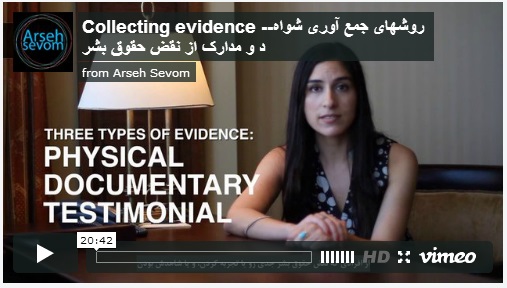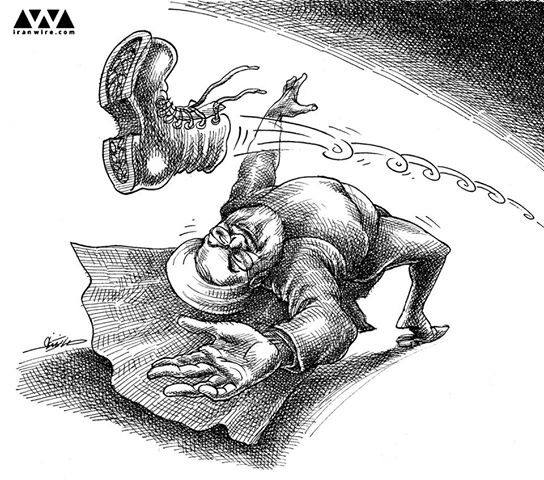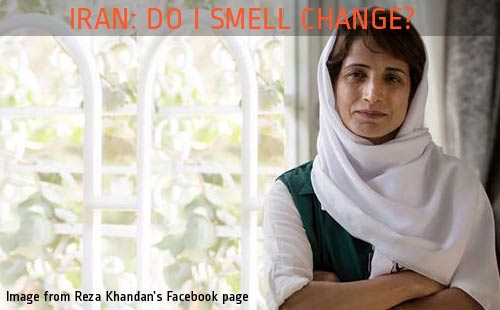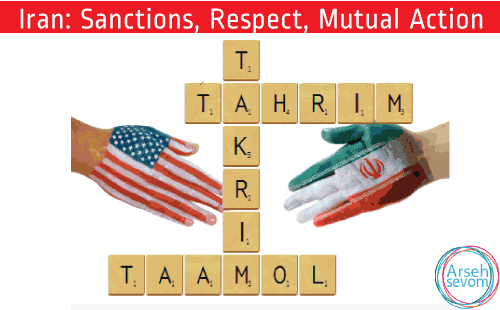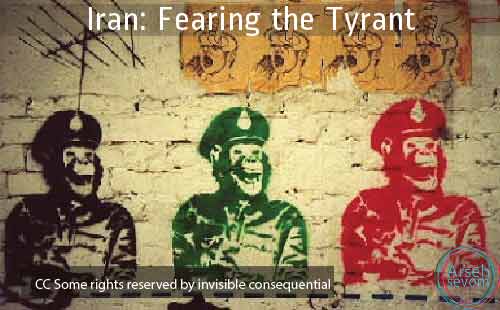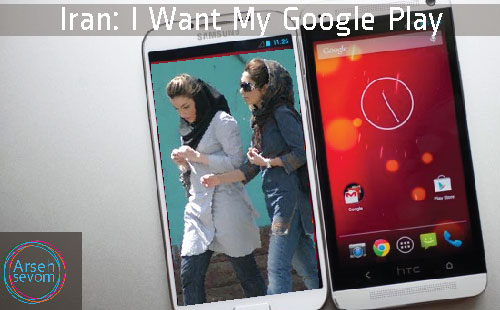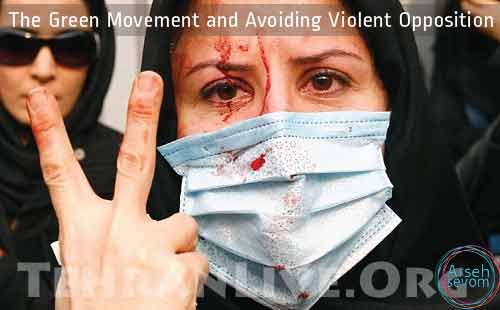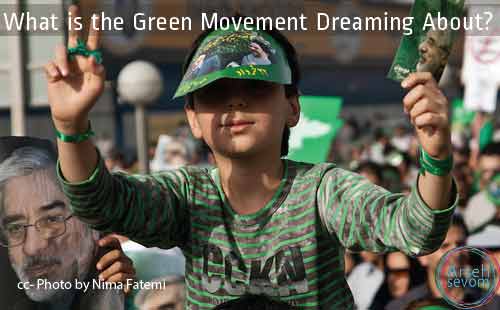Arseh Sevom--While the war in Syria may become an international war soon, Iran and America have been engaged in some pre-diplomatic word games. Will
Ta'amol, the Persian word for mutual action, enter the language the way that the Russian word
Glasnost (openness) has? A European Court ruling has challenged the inclusion of seven Iranian companies on the sanctions list. Rouhani is looking at tourism (Glasnost?) as a way of growing Iran's feeble economy, and a Singaporean photographer may prove to be the new industry's unofficial spokesperson. Workers in Iran suffer the combined effects of bad policy and economic sanctions. Finally, Iran's foreign minister tweets Rosh Hashana wishes.


